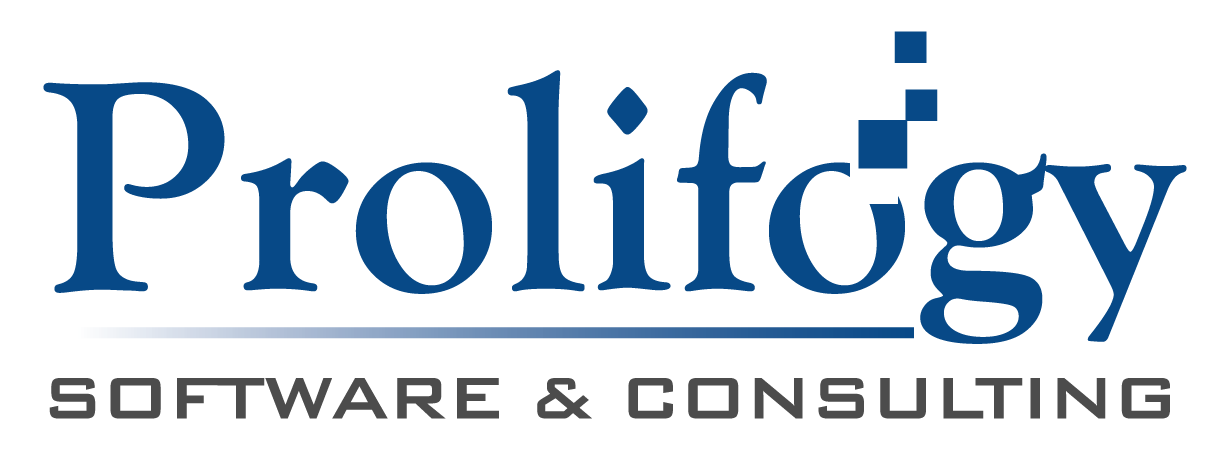Budgeting for Expert Witnesses
The costs of litigation include more than just attorney fees. If a litigation matter calls for expert witnesses, the experts will need to be included in the litigation budget. Even if the law firm agrees to take the case on contingency, subject matter experts almost never accept such arrangements. Whereas attorneys are paid to advocate for their client, expert witnesses are hired to assist the court in understanding technical subject matter. This is an objective exercise that should not be based on outcome. For this reason, expert witnesses generally cannot accept fees on any kind of contingency basis. Their fees are generally billed hourly and are expected to be paid on a monthly or other mutually agreed periodic basis.
Client delinquencies for litigation-related consulting work are at an all-time high. Beginning around the end of the Covid pandemic, the number of “slow pay” and “no pay” clients for expert witnesses has escalated to unprecedented levels in a very short period of time. In response, consulting firms and experts themselves are responding by raising their consulting fees, demanding up-front retainers, running more rigorous background checks on prospective clients, and demanding payment before testimony. Clients that drag their feet on payments will generally be deprioritized or dropped. Clients that don’t pay at all can expect legal consequences now more than ever.
How did we get here? Attorneys typically find and retain experts to perform services for their case, typically after consulting with the client. As part of this consultation process, it is unclear how deep or serious the conversations run concerning budgetary expectations. However, based on our own interactions with attorneys, many grossly underestimate the amount of time it realistically takes to perform a consulting task to the level of rigor required for litigation. In other cases, attorneys are well aware that their asks will result in a very high invoice, but neglect to advise their client of this fact. Rarely ever are expert witness fees disputed. Much more likely is that the services will be performed, invoices will be issued, and then simply never paid.
To avoid these kinds of misunderstandings, attorneys are strongly advised during the expert witness selection process to clarify the exact scope of work, ask questions about how the expert expects to approach their work, and lay out any budgetary expectations. This not only offers clarity to the client concerning what they are about to spend, but also allows the expert witness to assess whether they are comfortable and able to perform the consulting tasks within the proposed constraints.
Attorneys and the clients they represent should also remain aware that work product created by the expert during the course of performing services belongs to the expert until it is paid in full. If the client fails to pay the subject matter expert for their work, and uses the unpaid work product to advance their case and later prevails in court, the client could be viewed as stealing services and therefore subject to criminal and civil charges relating to the intellectual property theft. The expert may also file their own collections litigation while the case they were hired to work on is still ongoing, leading to considerable embarrassment and reputational loss for the client when the dispute becomes public.
Clients are therefore advised to become very involved in the expert witness decision-making processes. Once an expert witness is chosen, the client must commit to pay for the expert’s time and expenses in accordance with the retainer agreement.
